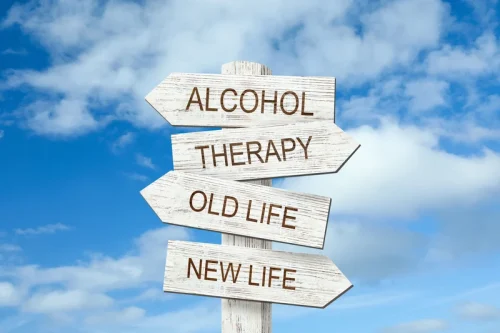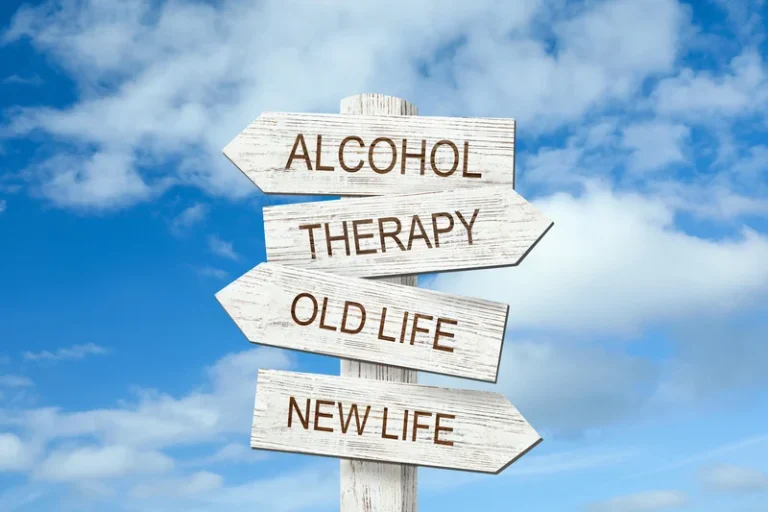
Water serves as a natural detoxifier, helping your liver rejuvenate while ensuring that your body’s electrolyte balance remains in harmony—all vital components in a successful path to recovery. Nutritious fats, especially those abundant in Omega-3 fatty acids, serve dual purposes. These fats enable the effective absorption of fat-dissolvable vitamins like A, =https://ecosoberhouse.com/ D, E, and K. B vitamins are essential in stabilizing circulatory health and enhancing neurological function.
- In the same manner, those who have bulimia and binge eating disorders experience extreme cravings for food and feel a loss of control when over-consuming.
- The best option is to eat a nutritious diet that will foster physical and mental health/link and improve your chances for long-term sobriety.
- Studies have also found that magnesium deficiency is very common in people dealing with alcohol addiction and withdrawal.
- There is no better time than now to start your recovery plan and get on the road to better health and a longer, happier life.
The Role of Nutrition During Rehab

To help clients resume a healthy lifestyle following detox, it is important to establish proper nutrition. Methods of post-program maintenance such as methadone treatment may not be useful unless people restore vitamins and minerals. As part of a healthy regimen, vitamins for addiction recovery may play a big role in restoring health.

Opioids

While undergoing detox, addicts may suffer nausea, vomiting, and diarrhea, which can further deplete nutrients and hydration levels. Since nausea is a frequent symptom of opiate withdrawal, it is unlikely that these patients can consume vitamins for recovering alcoholics sufficient nutrients by eating. Different types of addiction may deplete certain essential nutrients in the body. People struggling with opiate (opioid) addiction may be low in vitamins B and C. People recovering from stimulant withdrawal may need vitamins B and C along with multivitamins.

Key Vitamins for Withdrawal and Recovery
L-glutamine, an amino acid, reduces cravings while balancing blood sugar levels. Vitamin C is also commonly drug addiction treatment used to strengthen your immune system, which has been weakened by the stress of alcohol use. It also helps to rid the body of excess alcohol during the withdrawal period. Tudca is a naturally-produced bile acid that promotes the healthy digestion and use of fats, and also has some neuroprotective properties.

- Often, being in recovery can be difficult for those with addictions as they can feel isolated.
- Lack of these nutrients leads to all sorts of health issues, including neurological, liver, cardiovascular and other problems.
- Dr. Samuel Lee is a board-certified psychiatrist, specializing in a spiritually-based mental health discipline and integrative approaches.
- One small study in people with an addiction to heroin showed that vitamin C and vitamin E helped with withdrawal symptoms.
- Long-term alcohol use can cause vitamin A levels to fall in the liver, the primary organ that breaks down alcohol and stores vitamin A.
Therefore, supplementing with zinc is important for those in recovery. Zinc is an essential mineral for mental health, especially if you struggle with chronic anxiety. But supplementation or taking Epsom salt baths is still necessary for most people because magnesium is rapidly used up during times of stress and certain psychiatric drugs can deplete magnesium. Magnesium is a vital mineral that participates in more than 300 biochemical reactions in the body. This includes neurotransmitter and hormonal activity, both of which can have a huge effect on your mood and brain function. Unfortunately, most people don’t consume enough omega-3 fatty acids through their diet.

